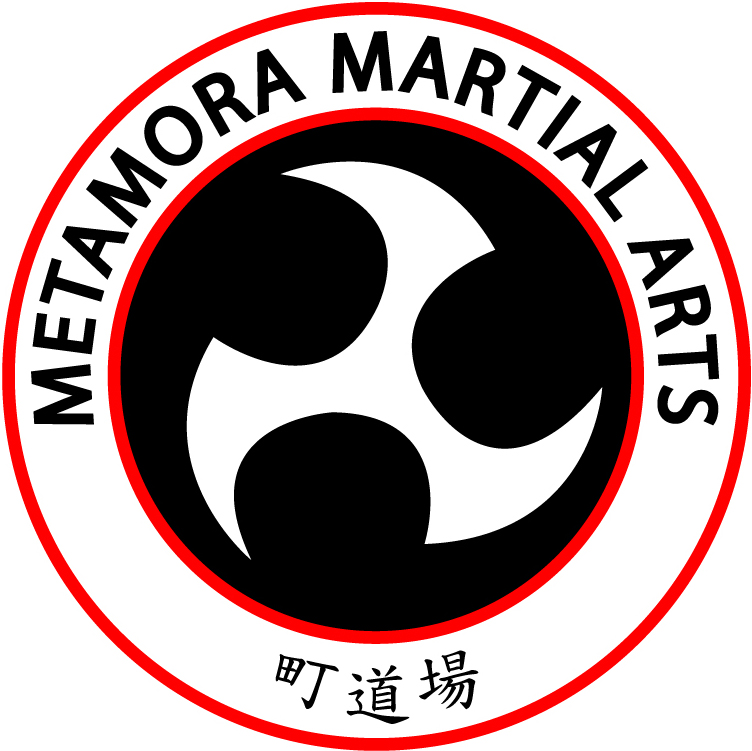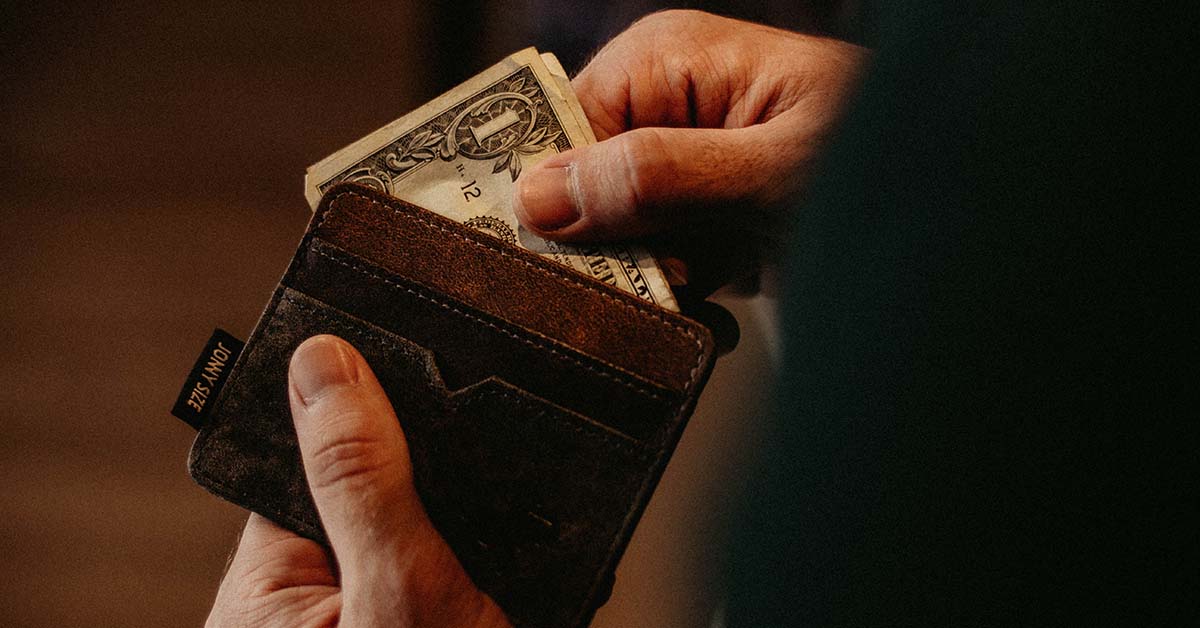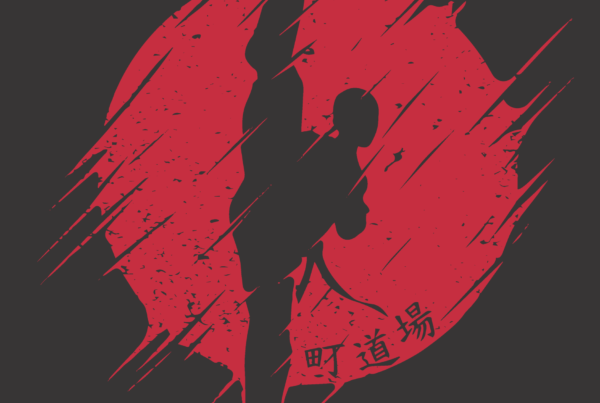“How much do tai chi classes cost?”
That’s a question I get a lot when people ask me about my Tai Chi Chuan class.
I usually tell them what the price is for my class because I know that’s what they’re looking for.
The truth is, though: it depends on how you define cost.
Purely in terms of money, I’ll define what you should think about when looking at your budget.
However, tai chi also is scientifically supported in improving the quality of life for people with many medical conditions that we’ll look at in more detail below.
We’ll look at what those benefits are and what costs are involved in a tai chi class.
I hope you’ll keep these in mind as you’re looking for a class of your own.
The Benefits Of Tai Chi
Tai chi has been studied for years, and an analysis of research compiled by the National Center for Complementary and Integrative Health suggests a promising number of conditions that tai chi can help:
- Reduces falls in older adults, especially those with Parkinson’s disease, osteoarthritis, or those who have suffered a stroke.
- Reduces pain in people with fibromyalgia and knee osteoarthritis.
- Improves sleep quality.
- Reduces depression.
- Improves the quality of life for those with dementia, chronic obstructive pulmonary disease (COPD), Type 2 diabetes, or cardiovascular disease.
- Coping with the negative effects of COVID-19, such as physical inactivity and isolation.
Looking at this information, it seems reasonable to me that tai chi practice may reduce or eliminate the cost of certain medications or treatments for these conditions.
Please consult with your medical professional before starting a tai chi program.
Now that we know the benefits of tai chi, let’s look at the common costs associated with tai chi classes.
4 Components That Make Up The Cost Of Tai Chi Classes
Tuition is the cost people most often think of when they are looking at joining a tai chi class.
Beyond tuition, tai chi classes include several costs you may not think of right away.
This section will look at what impacts tuition and the other costs to consider along the way.
1. Tuition
Tuition is going to vary greatly, and depends on several factors:
- Class length and frequency
- Instructor credentials & affiliations
- Location – What similar classes cost in or near your location/venue
- How long you want to be in the class
Tai Chi Class Length And Frequency
Every instructor will have his or her set schedule for classes.
One may teach every day, or another may only teach once a week.
Someone may teach for half an hour, while another may have classes ranging from 90 minutes or more.
An instructor may teach in the morning, or he or she may teach at night.
How long each tai chi class is and how often it’s taught will impact costs.
Tai Chi Instructor Credentials & Affiliations
There is no national standard for tai chi instructors.
While some instructors may be certified by an organization, others may not be.
And, because of the lack of standardization, even a tai chi certification may not indicate that an instructor is better or more qualified than one who isn’t certified.
Regardless of tai chi certification status, tai chi instructors may also be required by their school, insurance program, and/or the facility in which they instruct to hold a certification in first aid, AED, and/or CPR.
Finally, if a tai chi instructor is more oriented toward the martial (self-defense) aspect of the art, he or she may be affiliated with a martial arts organization and may be required to pay dues as a result.
All of those reasons have an impact on what it costs to join a tai chi program.
For those reasons, you’ll want to do an investigation into why a tai chi program costs what it does.
Tai Chi Class Location
The location has two components: venue and geography.
First, the city or town in which the program is located will likely affect the cost.
A tai chi program located in a major city like Chicago is probably able to charge more than a program taught in our small town of Metamora.
Another aspect of the price is the venue in which a tai chi class takes place.
In our case, we teach classes in a parks and recreation building that features multiple health and wellness offerings like Pi-Yo and Zumba.
All of the classes fall within a certain price range—as an instructor, I’m not going to charge more for our classes when I see that other instructors are charging half—I may feel as though I’ll lose out on students by competing with other classes.
How Long You Want To Be In Tai Chi
Finally, think about how long you want to take tai chi.
See if your venue or instructor offers multiple payment options.
Some offer month-to-month pricing.
Others may require you to lock in a lower rate for 6-12 months or more, and they may even require that you sign a contract to do so.
Tuition is often the biggest factor in taking a tai chi class.
The best recommendation I can give is to find out what experience an instructor has in tai chi, and ultimately decide if they’re the best fit for what you’re looking for.
2. Tai Chi Uniforms & Branded Merchandise
In my experience, tai chi schools don’t place as much of an emphasis on uniforms and belts (or sashes) as karate schools do.
However, your instructor may recommend or even require purchasing kung fu pants and a top.
These are around $50 and are often a one-time investment that lasts for years, depending on your usage.
Your school may also periodically offer up branded merchandise for sale, like T-shirts, sweatshirts, or polos.
3. Tai Chi Training Equipment
More often than not, tai chi can be practiced without any equipment.
Many forms of tai chi are practiced without weapons or other training implements.
But, depending on your class offering, you may be inclined to purchase some equipment.
Some instructors include a tai chi ball to help practitioners further grasp the fundamentals.
If the class you’re looking at focuses more on using tai chi chuan for self-defense, you may consider purchasing bags, pads, or safety gear to aid in your training.
But, an instructor or school will often provide some of this equipment for you.
Your instructor may also know how to use weapons for tai chi, such as a staff, sword, or spear.
You can purchase your own weapon for training at home or in class, depending on the instructor’s availability or willingness to lend his or her equipment.
Lastly, depending on your venue’s flooring, you may think about buying a pair of shoes specifically meant for martial arts.
Dedicating a pair of shoes to martial arts training can be more comfortable than training in bare feet.
Plus, your street shoes may be wet if you’re coming into a facility out of the rain or snow.
A pair of martial arts shoes will ensure your feet are dry and could help prevent falls.
4. Tai Chi Seminars
The last consideration for the cost of tai chi is the special seminars your school hosts.
For example, your instructor may bring another instructor who’s well-versed in pressure point fighting to your school for a special event.
The pressure point expert may be able to help supplement your knowledge of tai chi chuan so that you’re hitting more precise targets that can do more damage to a would-be attacker.
The cost to host a special guest instructor is probably not included in your tuition, and it’s often optional to attend.
But, seminar fees may likely cover the following:
- Travel and lodging,
- Food and beverages,
- The time the guest instructor puts into your seminar, including travel time, and
- Additional revenue for your school.
You can also travel to a tai chi seminar.
You’d be responsible for your food, travel, lodging, and the cost of the seminar itself.
Regardless of the seminar offerings, they’re often a valuable component of your practice.
Is Tai Chi Worth The Cost?
That judgment is entirely up to you.
It depends on so many of the factors discussed here, including tuition costs, whether uniforms or special training equipment are required, and whether you want to participate in seminars.
If you’re on the fence about joining a class, check with a school or instructor to see if they offer a free or low-cost trial.
Ask questions, get a feel for the class, assess the benefits you could receive as a result of joining, and figure out whether tai chi is right for you and your budget.
If you’re interested in joining a tai chi class as a result of reading this post, please consider the Tai Chi Chuan class I teach in Metamora.
Photo by Allef Vinicius on Unsplash




